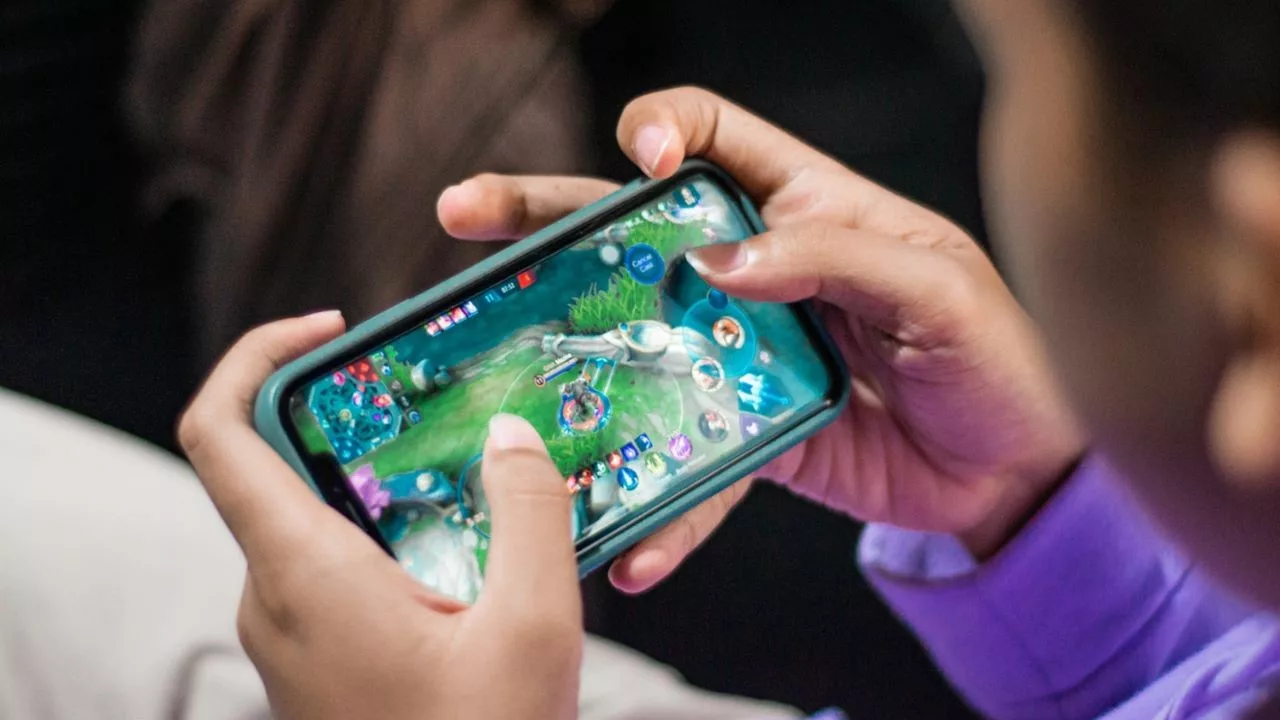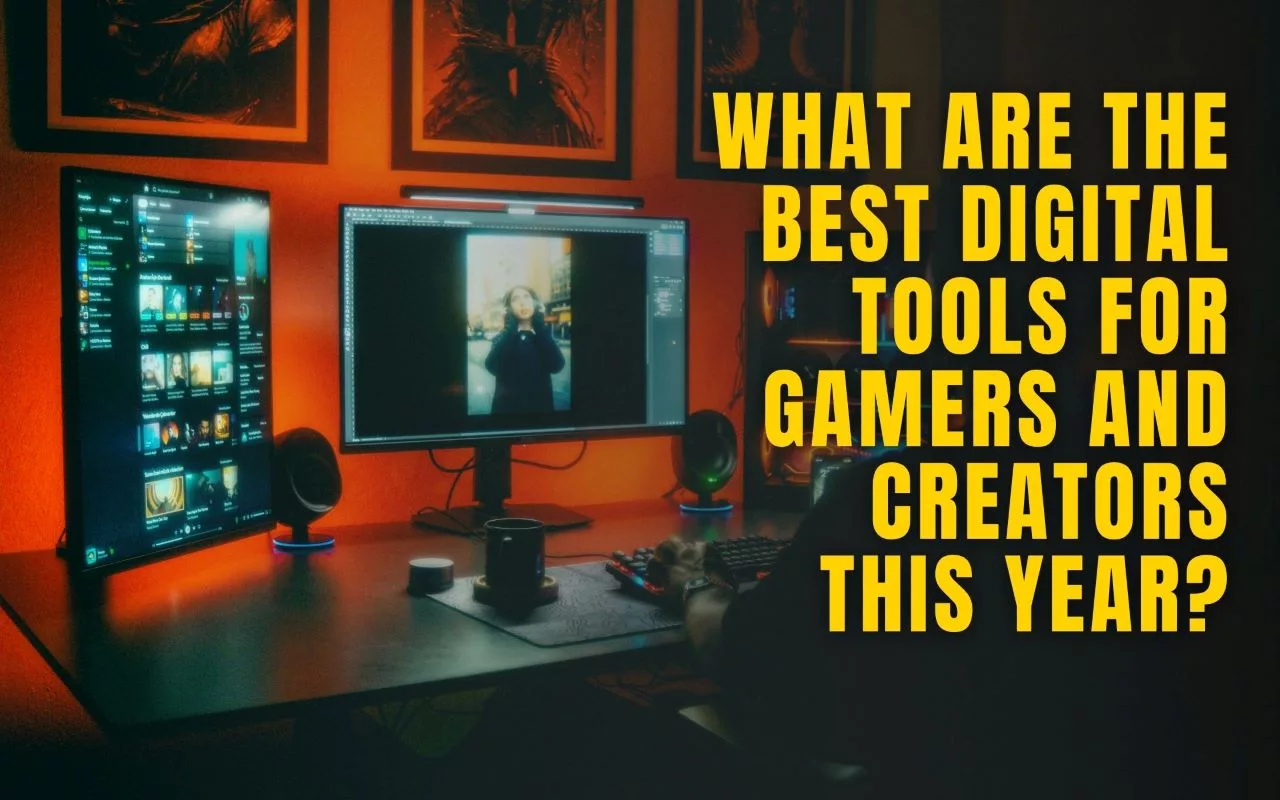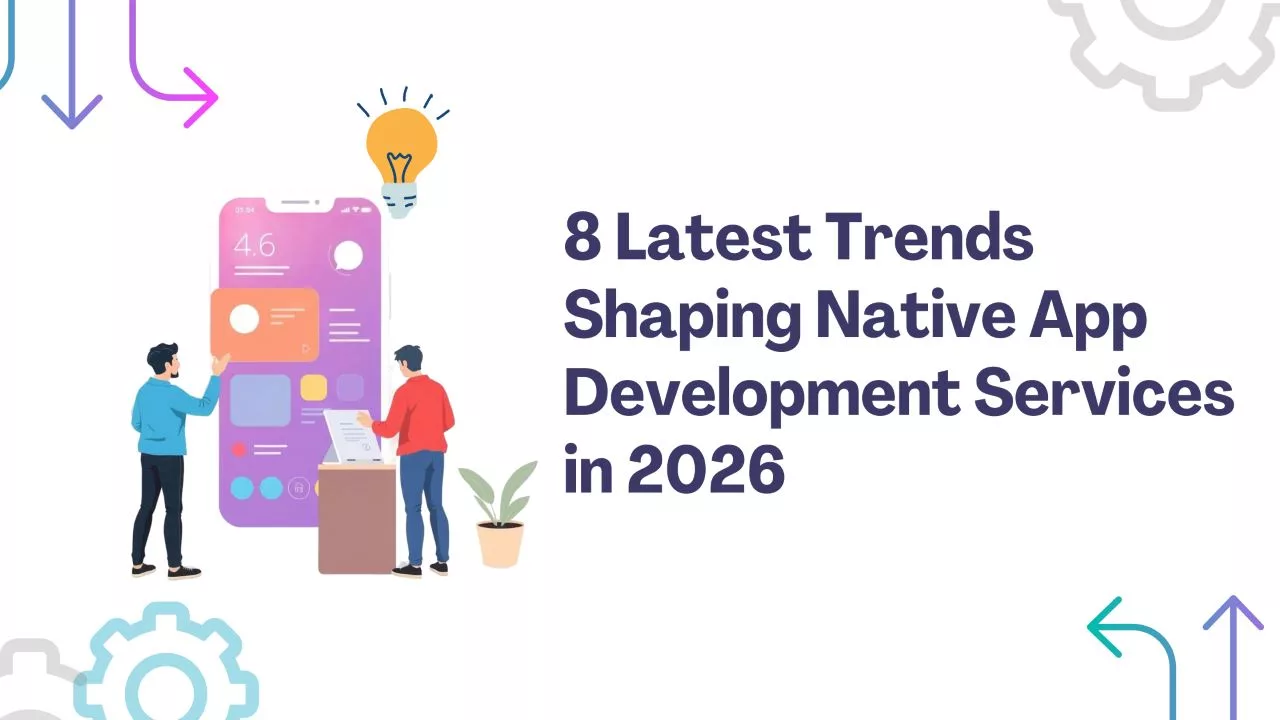BloggerBorneo.com – One of the most interesting discussions in this fast-paced industry is around mobile games vs console games.
Can the handheld device in your pocket really stand tall with the consoles in your living room? Let’s take a look at what’s behind it and how it played out at the voter level.
The Rise of Mobile Gaming
Gaming on mobile has surged into the spotlight. From humble beginnings involving primitive games such as Snake and Tetris on early mobile phones, the market has evolved into an industry worth billions of dollars, which offers high-end, high-resolution games which can be immersive environments.
Titles like PUBG Mobile, Call of Duty: Mobile and Genshin Impact have already proven that mobile platforms can handle console-quality games.
It is the accessibility that is appealing. Just about everyone has a smartphone. With a few taps, anybody can download and play a game — no extra hardware, no complicated setup whatsoever.
Accessibility is also what has enabled mobile games to enter markets that were previously off-limits for regular consoles.
Console Gaming: Power, Depth, and Legacy
Consoles have a history of rich gameplay, highly capable hardware, and a narrative depth stretching back for decades.
Household names include PlayStation, Xbox and Nintendo Switch, whereas blockbuster franchises such as The Last of Us, Halo and The Legend of Zelda.
These platforms are capable of simulating complex game mechanics and high quality graphics which most mobile devices are still not able to match at this point.
What separates console games is their commitment to full-length titles that provide 40+ hours of deep narrative and exploration.
You are not just playing a game — you are living in one. Anyone hardcore into gaming and enjoys sitting back on their couch and grabbing a console remote would probably go for console gaming.
Graphics and Performance: Can Mobile Compete?
When it comes to mobile titles compared to console games, it’s usually graphics and performance which are the big sticking points.
Consoles are built for running full and rich games, with a powerful GPU, a fast processor, and an appropriate cooler system.
Mobile devices, by contrast, are multitasking machines juggling calls, apps and games. But the distinction between the two is starting to blur:
- Advanced mobile chips, such as Apple’s A17 Bionic and Snapdragon 8 Gen 2, now perform at a level comparable to entry-level gaming consoles.
- The mobile-friendly game engines will be optimised for things like higher-resolution textures, more complex and realistic lighting and more consistent frame rates.
- Cooling peripherals and toasty phones have appeared for all those long gaming sessions and to keep temperatures down.
Yet for them, and also for huge open worlds or AI-heavy environs, consoles still seize the lead.
Control and Gameplay Experience
We’re discussing here one of the most defining elements of any game: how you play it.
The experience is better on console games, thanks to the dedicated controllers you use to play them, which provide a level of precision and feedback that a mobile screen can’t quite replicate.
This is a big deal for fast shooters and complicated platformers where precision is everything.
Touch controls are a bit clunky and limiting, and that’s what most mobile gaming comes down to. However, the development of mobile-friendly gamepads, gyroscope sensors, and haptic feedback has raised the stakes.
Some of the arguments are that controls are so much more natural for casual gaming. In the end, it all depends on the genre—strategy and puzzle games are peachy on mobile, while the most hardcore shooters feel perfect with an actual controller.
Game Library and Content Depth
Content is king in gaming. Console systems have an incredible selection of games, a large catalogue of games. Franchises such as God of War, Red Dead Redemption, and Final Fantasy are not simply games — they are experiences.
Our mobile games are plentiful but often casual. Consider Candy Crush, Subway Surfers or Clash of Clans. They’re fun, but not the type of games you’d spend 50 hours playing.
But newer titles like Honkai: Star Rail and The Elder Scrolls: Blades are changing the game, providing players with sprawling worlds and character growth that have been the domain of console games.
Another important distinction is that console games tend to be pay-to-play, while mobile games typically use a free-to-play model with in-app purchases.
That makes mobile games more accessible to new players, but it can also present constraints or “paywalls” that leave players frustrated.
Community and Competitive Play
The proliferation of multiplayer gaming has added an extra dimension to the rivalry. Console games and mobile games have huge online communities and leaderboards,s and competitive tournaments.
Esports on mobile are picking up. Global competitions for the likes of PUBG Mobile, Free Fire and Mobile Legends also offer million-dollar prize pools.
These events attract huge crowds and show that mobile gaming is not just for casual players, but is a serious competitive platform.
The mainstream esports scene is still very much the eminence of console gaming, with games like FIFA, Call of Duty, and Apex Legends leading the way.
Its superior hardware stability and smooth online experience have made it popular among serious competitive gamers.
Cross-Platform and Cloud Gaming: The Great Equaliser?
Cross-platform play and cloud gaming are two of the most exciting things happening in gaming right now. This level of console gaming has already been made accessible via mobile by services such as Xbox Cloud Gaming, NVIDIA GeForce NOW, and PlayStation Remote Play.
What this means is that there’s an increasing grey area to the “console vs. mobile” question. Instead, it’s really about where you want to play and when.
Mobile cloud gaming will let you play console-quality games on your phone wherever you are, and then seamlessly pick up that same game on your console when you get home.
Key benefits include:
- Smooth game-switching among devices.
- There are no hefty downloads to install the game since it’s streamed from the cloud.
- More console titles on lower-spec machines.
Now, as technology has advanced and internet speeds have picked up, the distinction between platforms is starting to dissolve.
Creativity and Indie Developers
For the better part of the last decade, indie game developers have flocked to mobile platforms.
At a fraction of the cost and far less hassle of distribution, mobile games enable inventive inventors to experiment with new gameplay elements and narrative styles.
Games like Monument Valley, Florence, and Alto’s Odyssey have proven that mobile can be just as Creativity games driven as any console release.
Console systems have also turned to indie games, but usually only once they’ve proven themselves elsewhere. Going mobile-first also allows for faster testing and creative risks.
Repair and Maintenance: An Unexpected Factor
One aspect commonly overlooked in the argument is how easy it is to keep your device in good condition.
Consoles can be huge, and when they break down, finding reliable Game Console Repair services in Weston, FL, or other places is a must. Repairs can be costly and take time, especially if parts must be ordered or shipped.
However, mobile phones tend to be more replaceable and repairable. Several players themselves have experience with smartphone repairs or can locate Gaming PC Repair Services nearby.
Where both kinds of platforms may require maintenance, the portability of mobile gaming and its broad support network reduce the overall hassle of gaming on the go.
The Role of Generational Preference
Mobile gaming is the first port of call for younger players brought up on smartphones and tablets. It’s also familiar and convenient, and it’s built into messaging apps and social media. For them, mobile isn’t a “secondary” choice–it’s their primary gaming experience.
Older players who came of age alongside Nintendo’s, PlayStation’s and Xbox’s typically favour consoles for nostalgia’s sake and because of their immersive qualities.
This generational schism influences gaming trends and what makes money. But as mobile technology gets better, we might see more crossover and overlapping audiences.
The Future of Gaming: A Shared Ecosystem
Despite being competitors rather than peers, the future leans toward integration rather than competition between mobile and console.
Developers are paying more attention to making games that work across platforms so that players can move between devices without losing progress.
Between cloud-based services, 5G networks and all-inclusive game libraries, players may soon be able to play high-quality games on any device — from their phone to console to PC — and not lose any of the magic.
Consider these trends:
- Players can carry progress from any device via cross-save support.
- And multiplayer games cross over a variety of mobile, console and PC users.
- All-inclusive experiences assure no gamer is left in the cold, whatever platform they are on.
This future is not only more equitable but also more responsive to the way people live and play.
Conclusion: Who’s the Real Winner?
So, do mobile games actually stand a chance against console games? In many ways, yes. They provide accessibility, novelty, and an increasing library of immersive experiences.
Consoles are still the kings of strong visuals, deep narrative and classic gameplay, though. The reality is, these are just two different platforms for two different needs.
Mobile games have the edge as far as quick entertainment and on-the-go fun are concerned, while consoles prove stronger in the realm of more immersive, cinematic adventures.
Don’t think of them as rivals so much as two sides to the coin of modern gaming. In truth, the best platform is the one that fits your life and interests and play style.
Whether you’re plunging down dungeons from the comfort of your couch or challenging foes in the palm of your hand during the morning commute, the world of gaming has never been more interesting and varied. (DW)












